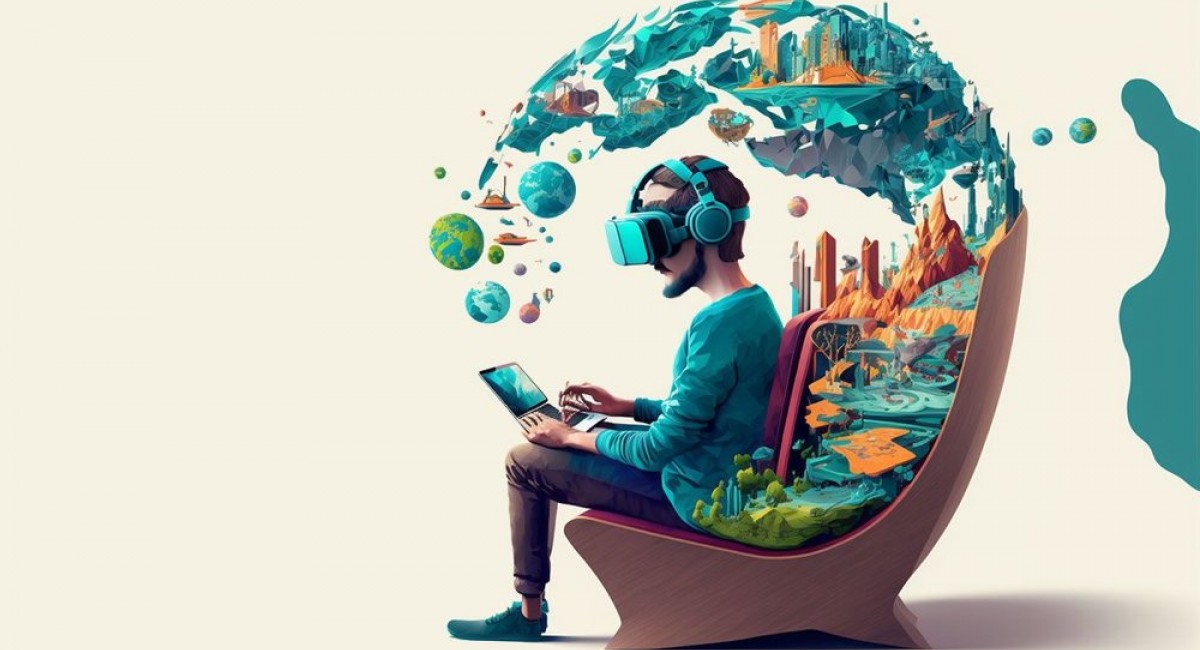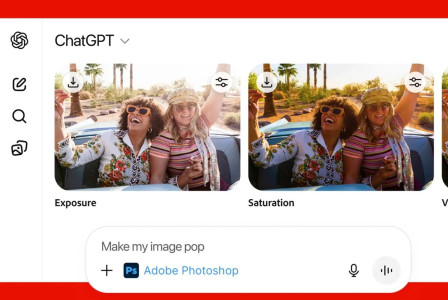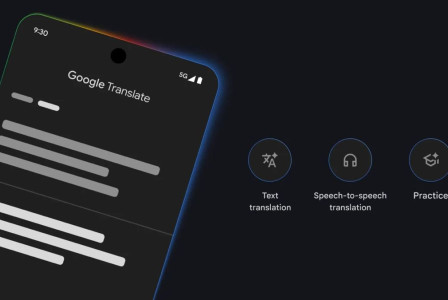SEARCH
How ChatGPT is revolutionising communication and education

SHARE IT
Imagine having a conversation with a machine that understands the meaning of almost every word you speak or type and responds in almost human-like language. That's the promise of ChatGPT, an advanced language model developed by OpenAI. With the ability to produce text that is often not unlike that of a human, ChatGPT has caught the attention of researchers, developers and the public.
But how can ChatGPT impact your children and their education?
From language understanding to chatbots and virtual assistants, artificial intelligence and machine learning can revolutionize the way children interact with each other. "ChatGPT could impact the way children learn, work with information and interact with technology," says Ondrej Kubovic, ESET's Public Safety Awareness Specialist.
Benefits of ChatGPT for children
ChatGPT has many potential benefits for children. For example, the technology could be used to improve writing skills. Students could, for example, ask ChatGPT to give them a creative writing exercise or comment on their writing.
ChatGPT can also write jokes, song lyrics or fiction stories. And perhaps one day, it could even be used to provide personalized learning experiences for students.
The ESET expert believes that machine learning-powered chatbots can improve the accessibility of education and counseling in the future. ChatGPT can help young people as a digital advisor and offer useful advice.
For students with visual or auditory impairments, language models could create better and more understandable text-to-speech or speech-to-text translations, facilitating their learning and communication. Browser extensions already exist, such as Talk-to-ChatGPT.
Risks of ChatGPT for children
Despite the advantages of ChatGPT, there are some risks associated with its use. The platform could be used to create false news or propaganda. "Machine learning-based models are useful, but they produce a lot of errors and nonsense that seem believable. At this stage, they sometimes confuse data and present them as real facts, at the moment they contain some truth but are not completely accurate. A form of misinformation, that is, where, in this case, users take the data as accurate and spread it further," warns Kubovic.
Young children may be particularly vulnerable to such content, as they may not have reached the level of critical thinking required to assess the accuracy of the information. Or they may be tempted to use the results offered by ChatGPT to do their homework quickly. As parents, you should get involved, for example, by playing with these tools and learning their limitations with your children. Also, you should teach your children how to recognize misinformation and scams.
As with any advanced new technology, don't underestimate the risk of collecting or storing personal data without the user's consent, says the ESET expert. In the case of ChatGPT, there is also the risk that the model could be manipulated to create harmful content or redirect to something malicious. OpenAI is aware of these restrictions (it even lists them on its website) and claims to have taken steps to block inappropriate content.
Impact of ChatGPT on education
The potential impact of ChatGPT on education is significant. The technology could transform the way students learn and engage with educational material. Some teachers are already rethinking how they assign tasks to their students. "New standards and approaches are being introduced. Homework, where students write a text on a specific topic mentioning only the facts, will slowly lose its meaning, as a well-written assignment can easily be produced by ChatGPT or similar chatbots in many languages," explains Ondrej Kubovic. So, instead of collecting factual information about a topic and writing it down in a Wikipedia-like text, the emphasis will likely be more on learner perspectives and content.
Online tools can also significantly change the style of assignments and exercises. For example, the focus may shift to handwritten assignments done directly in class.
Teachers can also resort to assigning more group work to see different performances from their students. This may even affect the grading system, as teachers need to emphasize the creative contribution of students more than the accuracy of facts.
Teachers who know their students can recognize a radical change in their writing. But in the future, children will have artificial intelligence tools readily available to them. Teachers will have to accept this fact and will have to exploit a new tool for the benefit of teaching.
"ChatGPT will be constantly improved and will gain more and more access to information extraction. But in the end, it is always up to the user to check the facts and verify that the results are correct and that there has been no misinterpretation," concludes Kubovic.
MORE NEWS FOR YOU

 Help & Support
Help & Support 

